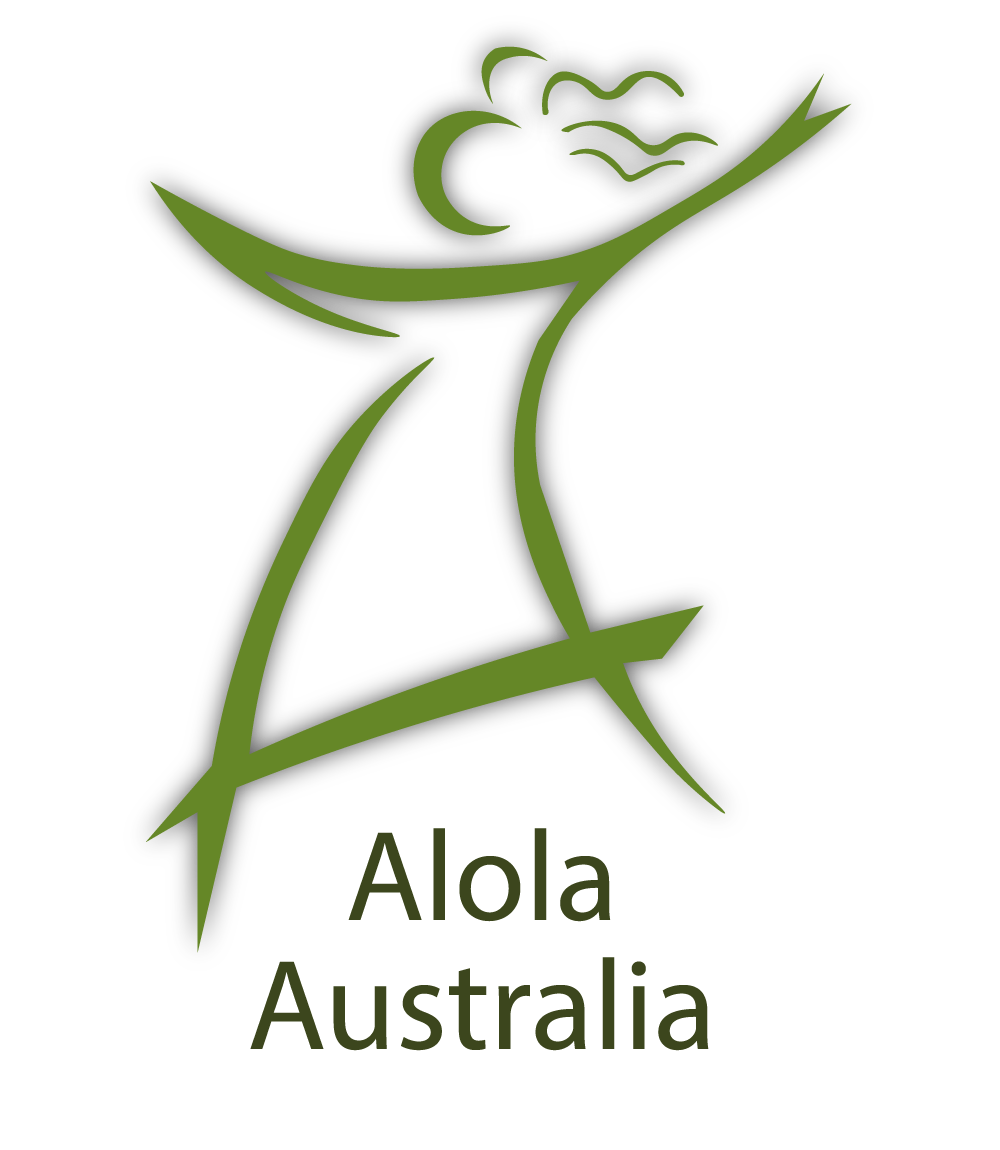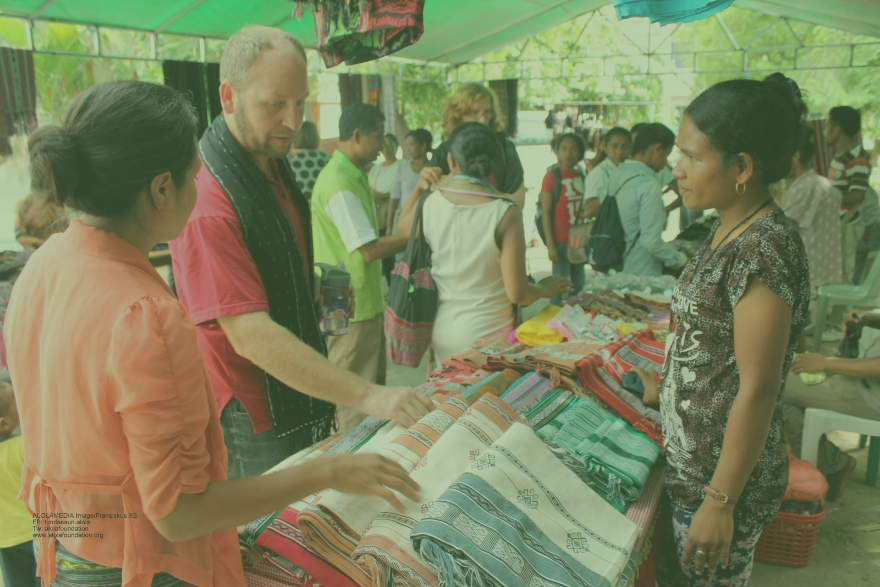A story from Kirsty Sword-Gusmao:
When I was establishing Fundasaun Alola following the tumultuous events 1999, I thought that the Foundation’s early work would be to provide counselling and psycho-social supports to assist women to overcome their trauma. After travelling around the country and meeting with women, I quickly discovered that the women of Timor-Leste had other ideas about what would be helpful. After years of stress and pain associated with the loss of loved ones and friends, property and dignity, what they wanted most was the ability to provide for their families in the hope of a better future.
It was the first of Alola’s projects and, over the years, has successfully assisted countless individual women and women’s cooperatives to gain skills in small business management, handicraft product development, pricing and market access, among other key skills. In recent times, its services have expanded to include the provision of micro-credit loans, seed funding for the establishment of small enterprises, and savings and loan schemes.
I’d like to share the story of Maria, whose life was changed as a result of the Economic Empowerment Program.
Maria Tapu lives in a rural Bobometo village in Oecusse municipality with her husband and four children. Maria’s husband worked as a primary teacher on a low salary and the family was struggling to make ends meet. With little formal education, but desperate to improve the family situation, Maria learned to weave tais which she would sell for a pittance at an outlet in Dili.
In 2015, Maria became one of 28 women who participated in a Micro Lending Scheme delivered as part of Alola’s Economic Empowerment Program. Maria received training on business skills and financial management; she was also linked to market opportunities to sell her tais.
In addition, the women’s group, with Maria as Coordinator, received a small grant of US$1,500 to start micro loans in the village. Maria and her group members have managed these funds so effectively, that by 2018 they had quadrupled their revenue to US$6,100, with some remaining proceeds able to be shared with group members each year.
Today, Maria runs her own separate business. She still weaves tais, but she also sells and rents computers to students in her village. Her family is involved in the business, including her eldest son who manages the computer rentals. Maria is proud that she can now help to buy food, send her children to school and purchase school uniforms. The future looks bright for her family.
Stories such as Maria’s above are proof that supporting women to increase financial capability can have lasting effects, not just for the individual – but for the family and wider community.




